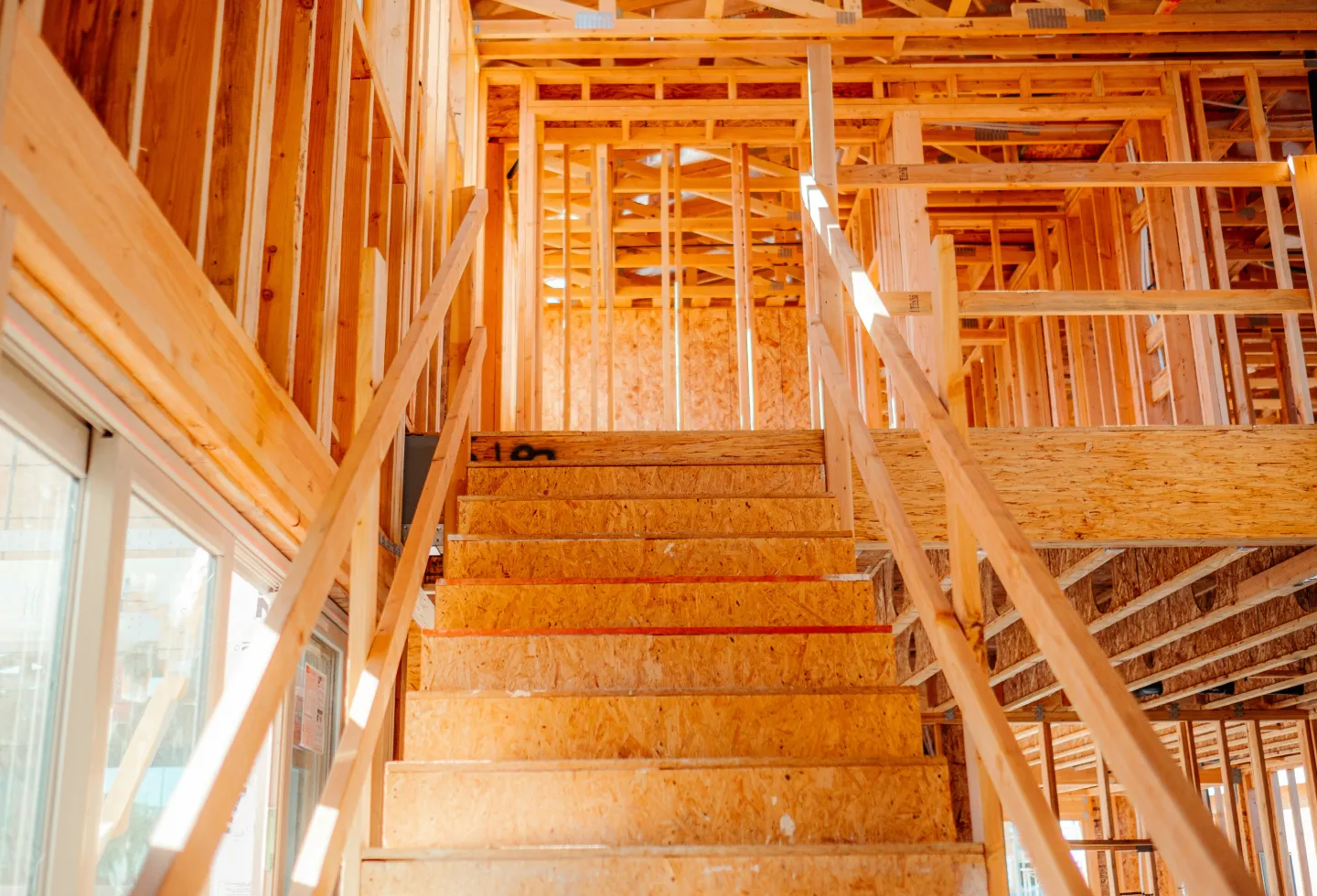The average American homeowner spends about $2,000 a year on energy bills. With the price of residential electricity increasing yearly, it’s worth considering home improvements to save on energy expenditures.
Financing programs like the HERO loan program are designed to help homeowners complete energy-efficient renovations without paying out of pocket. Although the HERO loan program was discontinued, homeowners still have many financing options available. In this article, we’ll discuss HERO loan financing alternatives and how to decide which one is best for you.
What is a HERO loan?
The HERO (home energy renovation opportunity) loan financing program helped qualifying homeowners pay for energy-efficient home improvements. Eligible homeowners could borrow up to 15% of their home’s value to cover the upfront costs of projects, such as window replacements, roofing repairs, and HVAC system upgrades.
Unfortunately, the HERO loan program was discontinued at the end of 2023 due to borrower nonpayment.
HERO loan alternatives
While the HERO loan has been discontinued, there are still a number of alternative solutions available to qualifying homeowners.
PACE loans
The PACE (Property Assessed Clean Energy) program allows homeowners to borrow money for home improvements and repay the borrowed amount through increased property taxes. Loan eligibility and repayment are determined through a property assessment. Borrowers can usually spread repayment over 30 years.
PACE loans provide qualifying homeowners with secure financing at low interest rates. Since the loan is secured by the property, lenders tend to offer more flexible terms, making it a good option for homeowners with less-than-ideal credit scores.
Grants & rebated programs
Section 504 Home Repair
Homeowners with low incomes may qualify for Section 504 Home Repair program. To qualify, the borrower must live in the home they are requesting help for, be unable to obtain affordable credit elsewhere, and have some household income. The funds can be used to make changes to your home that repair, improve, or modernize it.
Home energy rebates
The Inflation Reduction Act (IRA) incentivizes American households to upgrade to clean energy equipment, reduce indoor and outdoor air pollution, and save money on energy bills. Depending on where you live and your income, you can save up to $8,000 on home efficiency rebates and up to $14,000 in home electrification and appliance rebates.
Energy-efficiency mortgages
Energy-efficient mortgages (EEMs) are home loans given to property owners willing to prioritize energy savings. They typically come with better rates than fixed-rate mortgages. EEMs can be used to buy or refinance an energy-efficient home, finance energy-saving improvements to an existing home, or include the cost of clean energy improvements in a mortgage.
Federal solar tax credits
The federal solar tax credit allows homeowners to claim 30% of the cost of their solar energy systems on their federal tax bills. If you installed a $20,000 solar panel system onto your home, you would be eligible for a $6,000 tax credit.
Tax credits are available to homeowners, condo owners, and cooperative housing corporation members who own solar panel systems. You can start claiming the credit the year you use the system. However, you cannot claim the credit if you lease solar panels.
Home equity loans and home equity lines of credit
Home equity loans allow homeowners to borrow a lump sum of money using their home as collateral. Payments are made in monthly installments over what is typically a 30-year repayment period. Homeowners can benefit from fixed interest rates and, as a result, fixed monthly payments.
Home equity lines of credit (HELOCs) allow you to borrow against your equity for a revolving line of credit. During the draw period, you can borrow what you need up to a predetermined limit. Once the repayment period begins, you'll be on the hook for monthly payments with variable interest rates.
When using either a home equity loan or a HELOC for home renovations, including energy-efficient upgrades, you may be eligible for certain tax benefits.
Home equity investments (HEI)
If you’re looking to finance an energy-efficient home renovation but want to avoid monthly payments, consider a home equity investment (HEI). An HEI gives you a lump sum of cash in exchange for a percentage of your home’s future appreciation. You can pay back an HEI anytime within 30 years or whenever you sell your home.
HEIs have more lenient eligibility criteria, making them easier to qualify for than traditional financing options.

Deciding between HERO loan alternatives
Deciding which financing program is right for you depends on various factors, including the kind of home improvement project(s) you have in mind and your current financial situation. Carefully read through the requirements and associated payments for each to make an informed decision regarding your energy-efficient renovations.
A Home Equity Investment from Point offers no monthly payments, no need for perfect credit, and no income requirements. See how much you can qualify for today without impacting your credit score.
No income? No problem. Get a home equity solution that works for more people.
Prequalify in 60 seconds with no need for perfect credit.
Show me my offer
Frequently asked questions
.png)
Thank you for subscribing!
.webp)















